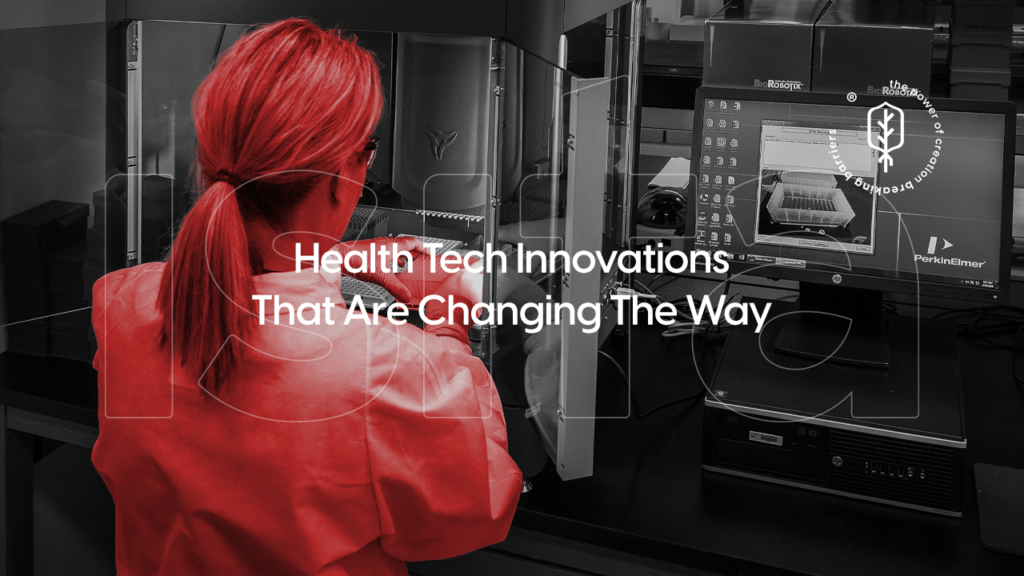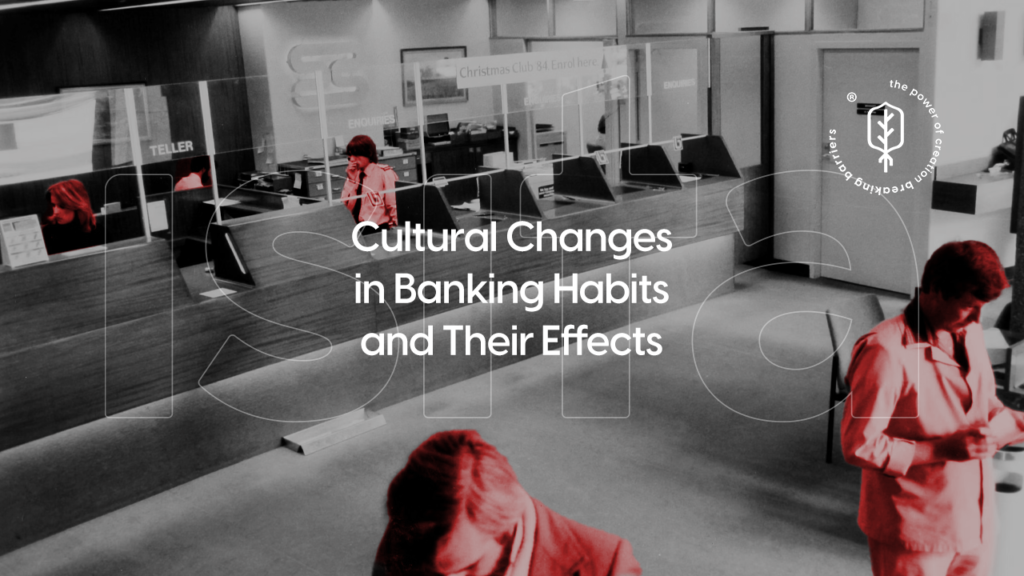Imagine a world where powerful artificial intelligence (AI) capabilities are readily available to businesses of all sizes, not just the tech giants. This is the reality ushered in by AI as a Service (AIaaS).
AIaaS removes the barriers of cost and complexity, making AI an accessible tool for businesses to unlock increased efficiency, deeper customer insights, and a significant competitive edge.
This article delves into the world of AIaaS, exploring its key benefits, practical applications, and how it empowers businesses to leverage the power of AI without the traditional burdens.
Understanding AI as a Service (AIaaS)
AIaaS refers to the delivery of AI capabilities as a cloud-based service. This means businesses can access pre-built AI models, tools, and infrastructure without the need for significant upfront investment or in-house expertise.
AIaaS providers manage the development, maintenance, and updates of the AI models, allowing businesses to focus on integrating and utilizing the technology for their specific needs.
Key Benefits of AIaaS for Your Business
AIaaS offers a multitude of advantages that can empower businesses of all sizes to leverage the power of AI. Here are some of the most compelling benefits:
- Cost-Efficiency: One of the primary advantages of AIaaS is its cost-effectiveness. Compared to building and maintaining in-house AI solutions, AIaaS eliminates the need for significant upfront investments in infrastructure, hardware, and software. Additionally, businesses only pay for the AI services they use, making it a scalable and cost-effective solution for businesses with limited budgets.
- Scalability: AIaaS offers on-demand scalability, allowing businesses to easily adjust their AI usage based on their needs. This is particularly beneficial for businesses with fluctuating workloads or those still exploring the potential of AI. As your business grows and your AI requirements change, AIaaS can readily adapt to accommodate your evolving needs.
- Accessibility: AIaaS makes AI technology accessible to a wider range of businesses. Previously, the complexity and cost of AI development limited its reach to larger companies with substantial resources. However, AIaaS allows even small and medium-sized businesses to leverage AI capabilities, fostering a more level playing field and democratizing access to this transformative technology.
- Faster Time to Implementation: Developing and deploying in-house AI solutions can be a lengthy and complex process. AIaaS, on the other hand, offers pre-built models and tools that can be integrated into existing workflows quickly, allowing businesses to see results faster. This rapid implementation allows businesses to capitalize on AI’s potential sooner and gain a competitive advantage.
- Reduced Risk: Experimenting with new technologies can be risky. AIaaS allows businesses to test the waters of AI without a significant upfront investment. This reduces the risk associated with AI adoption and allows businesses to experiment with different AI solutions to determine the best fit for their needs.
- Expertise and Maintenance: Building and maintaining AI solutions requires specialized skillsets that may not be readily available within every business. AIaaS eliminates this need by providing access to the expertise of AI specialists at the service provider. The provider handles the maintenance and updates of the AI models, ensuring businesses have access to the latest technology and functionality.
Common Applications of AIaaS Across Industries
AIaaS can be applied to a wide range of business functions across various industries. Here are some of the most common applications:
- Customer Service: AI-powered chatbots can handle routine customer inquiries, freeing up human agents for more complex issues. AI can also analyze customer data to personalize the customer experience and improve satisfaction.
- Data Analytics: AIaaS tools can analyze vast amounts of data to identify trends, patterns, and insights that would be difficult to uncover through traditional methods. This allows businesses to make data-driven decisions regarding marketing strategies, product development, and resource allocation.
- Predictive Maintenance: AI can analyze sensor data from equipment to predict potential failures before they occur. This allows businesses to schedule preventative maintenance, reducing downtime and saving on repair costs.
- Risk Management: AI can analyze financial data to identify fraudulent activity and assess potential risks. This helps businesses make informed decisions and mitigate financial losses.
- Marketing and Sales: AI can personalize marketing campaigns by tailoring content and recommendations to individual customer profiles. AI can also automate tasks such as lead generation and social media marketing.
- Product Development: AI can analyze customer data and market trends to inform product design and development. Additionally, AI can be used to optimize product testing and prototyping processes.
Behind the Scenes: Unveiling the Mechanisms of AIaaS
AIaaS operates on a foundation of pre-built AI models and APIs (Application Programming Interfaces) that unlock the power of AI for businesses. Let’s delve deeper into these mechanisms and explore the service models offered by AIaaS providers:
Pre-built AI Models: Ready-to-Go Solutions
Imagine having access to a library of pre-trained AI specialists, each honed for a specific task. This is the essence of pre-built AI models offered by AIaaS providers. These models are essentially software applications trained on vast amounts of data to perform specific functions, such as:
- Image Recognition: These models can analyze images and videos, identify objects and scenes, and even extract text from images. This can be used in applications like facial recognition in security systems or automated image tagging in e-commerce platforms.
- Natural Language Processing (NLP): NLP models can understand and generate human language. This allows them to perform tasks such as sentiment analysis (understanding the emotional tone of text), chatbot development, and machine translation.
- Predictive Analytics: These models analyze historical data to identify patterns and trends, allowing them to predict future events with a degree of accuracy. This can be used in applications like forecasting sales trends, identifying equipment failures before they occur (predictive maintenance), or managing inventory levels.
The beauty of pre-built AI models lies in their ease of use. They come pre-trained and require minimal customization to be integrated into existing business applications. This allows businesses to leverage AI capabilities quickly without the need for extensive in-house development expertise.
API Access: The Bridge Between Business and AI
Think of APIs as the bridge connecting your business applications to the world of AIaaS. These APIs act as intermediaries, allowing businesses to send data to AI models and receive the processed results back in a format usable by their applications. Here’s a simplified breakdown of how API access works:
- Data Input: Businesses feed data relevant to their needs into the AIaaS platform through the API. This data could be anything from customer reviews to sensor readings from equipment, depending on the specific AI model being used.
- AI Processing: The data is then sent to the pre-built AI model chosen by the business. The model analyzes the data based on its training and generates an output.
- Result Delivery: The processed results or insights generated by the AI model are sent back to the business application through the API.
- Action and Integration: Businesses can then integrate these AI-driven insights into their existing workflows. For instance, an e-commerce platform might use sentiment analysis via API to understand customer reviews and improve product descriptions.
Service Models for Tailored AI Solutions
AIaaS providers offer various service models to cater to the diverse needs of businesses. Here are some of the most common models:
- Software as a Service (SaaS): This is the most common model, where businesses access pre-built AI models and functionalities through a subscription-based service. It’s ideal for businesses looking for a user-friendly and cost-effective way to integrate AI into their operations.
- Platform as a Service (PaaS): This model provides businesses with a platform to build and deploy their own custom AI models. This is suitable for businesses with specific needs that may not be met by pre-built models. However, it requires more technical expertise compared to SaaS.
- Hybrid Model: This combines elements of SaaS and PaaS, offering businesses access to pre-built models along with the ability to customize them to their specific needs. This provides a balance between flexibility and ease of use.
By understanding the mechanisms behind AIaaS and the service models available, businesses can make informed decisions about how to leverage AI to achieve their specific goals.
As a leading provider of AI solutions, Isita offers a comprehensive suite of AIaaS services designed to empower businesses of all sizes. Our team of experts can help you identify the most suitable AIaaS solution for your specific needs, seamlessly integrate AI into your workflows, and unlock the transformative potential of artificial intelligence.
Don’t wait to get started! Contact Isita today for a free consultation and discover how AIaaS can propel your business forward.



